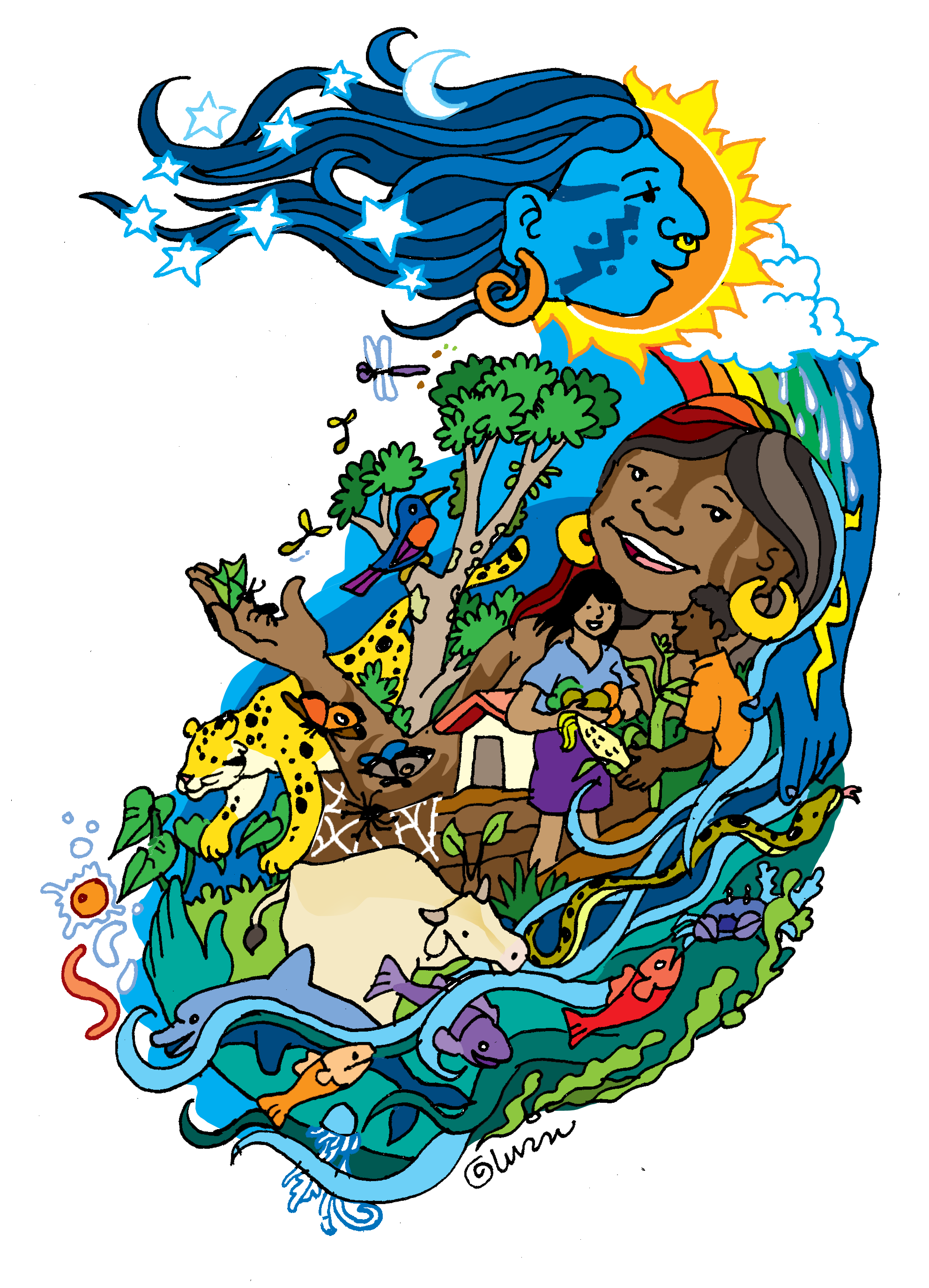Difference between revisions of "Intersectional Feminism"
| Line 17: | Line 17: | ||
=Sources= | =Sources= | ||
| + | |||
| + | ==Literature== | ||
| + | |||
In: Merriam Webster. 1893. [online] Available at: <https://www.merriam-webster.com/dictionary/ feminism> [Accessed 12 October 2020]. | In: Merriam Webster. 1893. [online] Available at: <https://www.merriam-webster.com/dictionary/ feminism> [Accessed 12 October 2020]. | ||
En.wikipedia.org. 2020. ''First-Wave Feminism''. [online] Available at: <https://en.wikipedia.org/wiki/ First-wave_feminism> [Accessed 12 October 2020]. | En.wikipedia.org. 2020. ''First-Wave Feminism''. [online] Available at: <https://en.wikipedia.org/wiki/ First-wave_feminism> [Accessed 12 October 2020]. | ||
| + | |||
| + | ==Media== | ||
Blaque, K., 2019. ''What Is: Intersectionality''. [video] Available at: <https://youtu.be/lEeP_3vmdBY> [Accessed 12 October 2020]. | Blaque, K., 2019. ''What Is: Intersectionality''. [video] Available at: <https://youtu.be/lEeP_3vmdBY> [Accessed 12 October 2020]. | ||
Revision as of 17:13, 17 November 2020
The wikipage input value is empty (e.g. SomeProperty::, [[]]) and therefore it cannot be used as a name or as part of a query condition.
Intersectional Feminism
What is Feminism?
Feminism is "the belief in the social, political, and economic equality of the sexes" according to dictionary Merriam Webster (1893). Considering that this definition originated during first wave-feminism in the late 19th century (First-wave feminism, 2020) but since we are the time of fourth wave-feminism now, it seems overdue to revise it, as the role of women in society has changed drastically over the past 130 years.
Why we need Intersectionality
A term that appears increasingly in the recent discourse of feminism is intersectionality. Coined by civil rights advocate and law professor Kimberlé Crenshaw in 1989 (Blaque, 2019), it describes the idea that an individual can be subject to different forms of discrimination at the same time. Therefore these forms of discrimination should not be treated as separate issues but need to be addressed in regard to each other. Crenshaw references the case of DeGraffenreid vs General Motors; a legal battle where a group of Black women tried to sue General Motors for discriminating against them. The court found the company not guilty because they employed women as well as Black people, only that all the women were white and all Black people were men. The court did not consider looking into the employment of Black women specifically (Blaque, 2019).
A New Definition of Feminsim
As we see, people’s identities exist at different intersections of oppression and privilege. Therefore, feminism cannot and must not be not intersectional. There is no hierarchy in equality, so we cannot make the fight for it a hierarchical matter. Hence I propose a new definition of feminism: "the belief in the social, political, and economic equality of all genders that recognizes the fact that different forms of oppression and privilege can impact individuals at the same time".
Sources
Literature
In: Merriam Webster. 1893. [online] Available at: <https://www.merriam-webster.com/dictionary/ feminism> [Accessed 12 October 2020].
En.wikipedia.org. 2020. First-Wave Feminism. [online] Available at: <https://en.wikipedia.org/wiki/ First-wave_feminism> [Accessed 12 October 2020].
Media
Blaque, K., 2019. What Is: Intersectionality. [video] Available at: <https://youtu.be/lEeP_3vmdBY> [Accessed 12 October 2020].Links
CONTRIBUTE
Feel free to contribute to Beyond Social.










